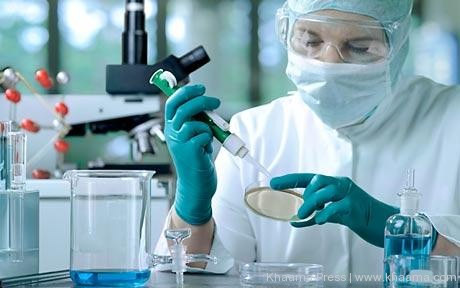
The Opening of New Fields
Agricultural and Food Production
Cloning has the potential to greatly improve agriculture and food production. Cloning can be used to create genetically identical crops that are resistant to pests and diseases, which would greatly increase crops and reduce the use of pesticides and harmful chemicals. Cloning can also be used to create genetically modified animals for food production, which could increase the efficiency and productivity of the agriculture industry. Additionally, cloning can also be used to preserve the genetic traits of valuable breeds of plants and animals, helping to ensure the survival of certain species. Cloning can also be used to improve the growth of certain plants, such as making them grow faster, or be more tolerant to certain environmental conditions.
Medical Use
Cloning has the potential to revolutionize the medical field in several ways. One of the most promising areas is organ transplantation, as the ability to create genetically identical organs would greatly increase the availability of organs for those in need. Additionally, scientists are working on using cloning techniques to create models of human diseases, which would allow for more precise and effective treatments. Medical cloning also involves the use of induced pluripotent stem cells, which can be reprogrammed into any type of cell in the body, for the treatment of various diseases such as diabetes, Parkinson’s, and heart disease. Also, in the field of regenerative medicine, cloning has a significant potential in creating replacement tissues and organs.
Stem Cell Research
Cloning is being used in stem cell research to create genetically identical cells that can be used to study diseases, test new drugs, and develop new treatments. One method of cloning used in stem cell research is somatic cell nuclear transfer, which involves taking the nucleus from a somatic cell and transferring it into an egg cell that has had its nucleus removed. This creates an embryo that is genetically identical to the original cell, which can then be used to create stem cells. Another method of cloning used in stem cell research is induced pluripotent stem cells which are adult cells that have been reprogrammed to an embryonic stem cell-like state, meaning they can differentiate into any cell in the body. Both methods allow researchers to create large numbers of genetically identical stem cells, which can be used to study diseases and develop new treatments.
The Impact on Jobs
Cloning has the potential to greatly impact the job market and economy, both positively and negatively. On one hand, cloning could lead to the creation of new jobs in fields such as medical research, agriculture, and conservation. As cloning becomes more widely used in these fields, there will be an increased demand for scientists, technicians, and specialized workers. Additionally, the development of new technologies and products related to cloning could also lead to job creation and economic growth.
On the other hand, cloning could also lead to job loss in certain fields. For example, if cloning leads to the widespread use of genetically identical crops, this could lead to fewer jobs for farmers who specialize in traditional breeding methods. Similarly, if cloning leads to the widespread use of genetically identical animals for food production, this could lead to fewer jobs for farmers who raise traditional breeds of animals.
Another aspect to consider is that cloning could lead to automation of jobs, for example, if genetic cloning of crops and animals leads to higher efficiency and productivity, this could lead to less need for manual labor. Additionally, if cloning technology becomes more prevalent and accessible, it could potentially reduce the need for certain jobs, such as tissue culture technicians, animal breeders and so on.
It is important to consider the potential impacts of cloning on the job market and economy as the technology continues to advance, and to take steps to mitigate any negative effects while promoting positive ones.
This blog post was really bad. I disagree with everything you said. Some of this is not true. I actually cloned my dog last year and recieved my Ph.D. and then a Nobel Prize in science for this topic. You suck. Overall good information, way to go! I enjoyed reading. Hoorary!
Менин бир тууганым!!! бул блог посту жыйырма биринчи кылымдагы жазуунун туу чокусу. бир күнү мен сага жолугуп, ушундай укмуштуудай көркөм чыгарма жаратканың үчүн бетиңден өөп алам. Мен жакында бул клондоштурууну үйдө, уйумдун бессинде сынап көрөм. ыргызстандан чоң сүйүү!